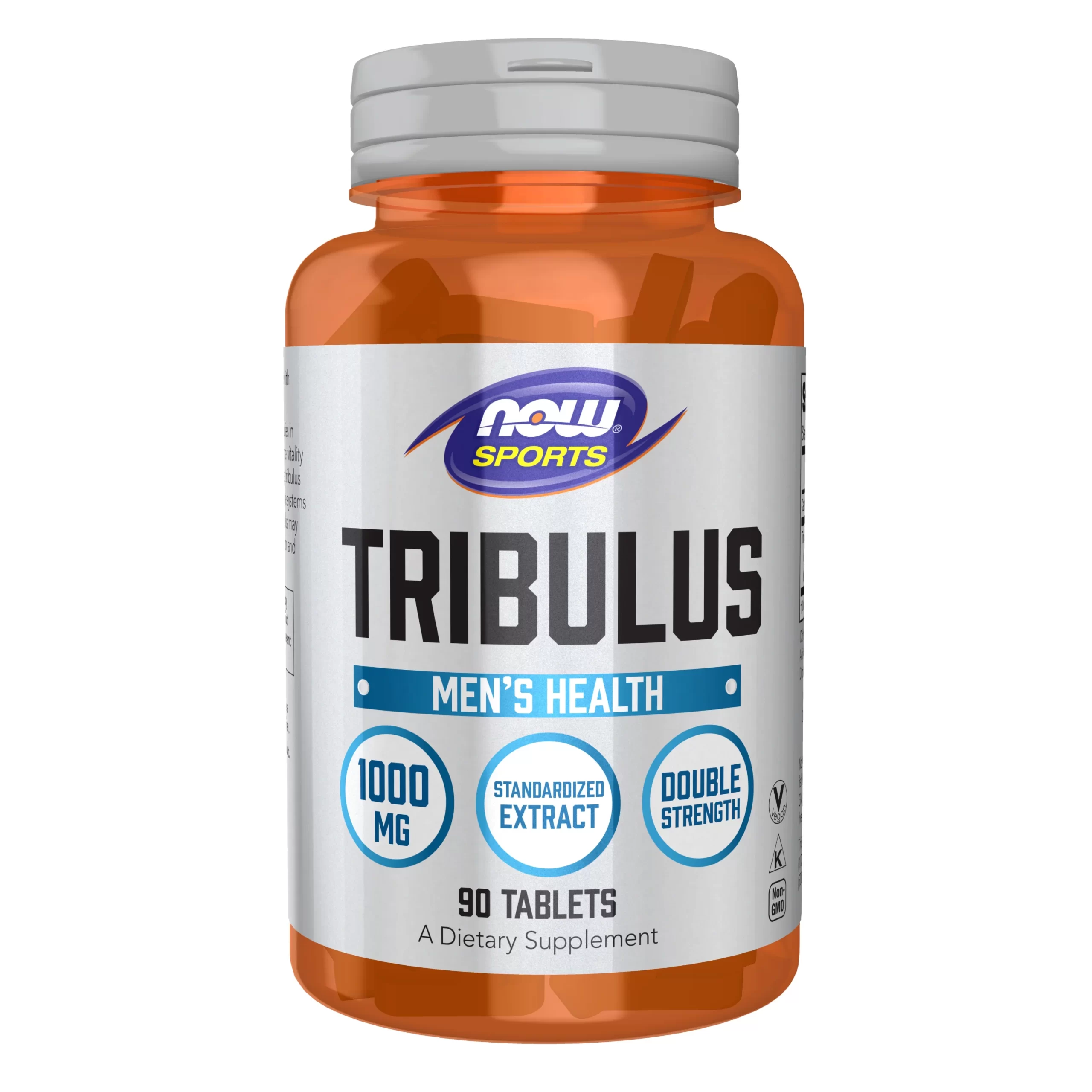Introduction to Sports Nutrition
Sports nutrition is vital for optimizing athletic performance. It involves a tailored diet that supports intense training and recovery. The aim is to fuel the body efficiently before, during, and after exercise. A strong grasp of sports nutrition can make a significant difference in an athlete’s performance.
A balanced sports nutrition plan includes macronutrients like carbohydrates, proteins, and fats. These serve as the body’s primary energy sources. However, it’s not just about macronutrients. Micronutrients and hydration also play crucial roles. Understanding and implementing the concepts of ultimate sports nutrition will help athletes train harder, recover faster, and compete at their best.
The journey to mastering sports nutrition begins with studying these key components. Each factor contributes to enhancing overall athletic ability. Ensuring the right mix can boost endurance, increase strength, and improve health. The following sections will delve deeper into each aspect, guiding athletes to make informed choices and tailor nutrition plans specific to their needs.

Key Components of a Sports Nutrition Diet
To achieve ultimate sports nutrition, understanding the key components of a sports diet is crucial. These components work together to ensure an athlete’s body is well-fueled and ready for performance.
Macronutrients
The foundation of a sports nutrition diet includes three macronutrients: carbohydrates, proteins, and fats. Carbohydrates are the primary energy source, especially useful for endurance. Proteins aid in muscle repair and growth. Fats are important for long-term energy and hormone production.
Carbohydrates
Athletes should focus on complex carbs, such as whole grains, for sustained energy. Simple sugars can offer quick energy boosts when necessary.
Proteins
High-quality proteins like lean meats, dairy, and legumes help repair and rebuild muscle tissues broken down during exercise.
Fats
Healthy fats from sources like avocados, nuts, and olive oil provide essential fatty acids that support overall health.
Micronutrients
Micronutrients, including vitamins and minerals, support the body’s metabolic processes. They help convert food into energy, aid in muscle contraction, and support immune function.
Hydration
Water plays a key role in sports nutrition. It helps with temperature control, joint lubrication, and nutrient transport. Athletes need to drink water before, during, and after exercise to stay hydrated.
By focusing on these key components, athletes can create a nutrition plan that supports peak performance and recovery. Each component should be tailored to the individual’s specific sport, body type, and training demands.

The Role of Macronutrients in Athletic Performance
To excel in sports, athletes must pay close attention to macronutrients. These nutrients offer the energy needed to perform and recover. Carbohydrates, proteins, and fats each have a unique role in athletic performance. Let’s explore how they contribute to an athlete’s success.
Carbohydrates
Carbohydrates serve as the main energy source. They fuel short bursts and endurance activities. During exercise, the body relies on carbs for quick energy. This is vital for athletes in sports requiring speed and power. To sustain energy levels, athletes should consume a diet rich in complex carbohydrates.
Proteins
Proteins are essential for muscle repair and growth. After exercise, proteins help repair the wear and tear on muscles. This supports recovery and prepares the body for the next challenge. Athletes need a steady intake of proteins for muscle strength and development.
Fats
Fats are often misunderstood in sports nutrition. Yet, they are key for long-lasting energy. Healthy fats such as omega-3s support brain health and joint function. They become a primary energy source during prolonged activities. Athletes should include good fats in their diet for optimal performance.
By balancing these macronutrients, athletes can maintain energy, build strength, and improve recovery. The right mix depends on the athlete’s sport, goals, and body needs. Ultimate sports nutrition tailors macronutrient intake to each athlete’s demands. It’s the foundation for athletic success.
Understanding Micronutrients and Their Importance
Micronutrients are vital for ultimate sports nutrition. These include vitamins and minerals essential for an athlete’s body functions. They convert food into energy, aid muscle functioning, and support immune health. Here’s how micronutrients contribute significantly:
Vitamins
Vitamins support various body functions crucial in sports. They help in energy production and protect against oxidative damage. B vitamins, for instance, are fundamental for energy metabolism. Vitamin C and E work as antioxidants, protecting tissues during intense physical activity.
Minerals
Minerals, such as calcium and magnesium, are pivotal for muscle contractions and nervous system functions. Iron is crucial for oxygen transport in blood, directly impacting endurance. Athletes must ensure adequate intake to maintain peak performance levels.
In conclusion, micronutrients are as essential as macronutrients in sports nutrition. They help athletes train harder, recover faster and perform better by supporting various body functions.

Hydration Strategies for Athletes
Proper hydration is a crucial part of ultimate sports nutrition. It aids in all bodily functions. For athletes, staying hydrated is about more than just drinking water. It involves timing, the right type of fluids, and understanding each individual’s hydration needs. Here are strategies to ensure athletes are effectively hydrated:
Know Your Individual Hydration Needs
Every athlete has unique hydration requirements. These depend on factors like body size, sweat rate, and environmental conditions.
Monitor Hydration Status
Athletes can monitor hydration by paying attention to thirst, urine color, and frequency. Less frequent or darker urine often signifies a need for more fluids.
Hydrate Before, During, and After Exercise
Drink fluids before exercise to start hydrated. Sip on water or a sports drink during workouts. Replenish fluids post-exercise to aid recovery.
Choose the Right Fluids
Water is essential for short sessions. For longer or more intense workouts, drinks with electrolytes help maintain the body’s balance.
Avoid Dehydration and Overhydration
Both can be harmful. Dehydration reduces performance, while overhydration can lead to hyponatremia, a condition with potentially serious health risks.
By following these hydration strategies, athletes can optimize their performance and recovery.
Pre- and Post-Workout Nutrition
For ultimate sports nutrition, timing the intake of specific nutrients around workouts is key.
Pre-Workout Nutrition
Eating the right foods before training fuels the body and enhances performance. Athletes should eat a meal rich in complex carbohydrates and protein about 2 to 3 hours before exercise. This provides steady energy and aids muscle function. A small, carbohydrate-rich snack 30 minutes prior can top off energy stores. It’s important to avoid heavy, fatty meals that are hard to digest just before training. Hydration should also be a focus, with water or a sports drink consumed in adequate amounts.
Post-Workout Nutrition
After a workout, recovery becomes the primary focus of ultimate sports nutrition. The goal is to replenish energy, repair muscles, and rehydrate the body. Within 30 minutes of exercise, consuming a mix of carbohydrates and proteins helps jumpstart the recovery process. Carbohydrates replenish depleted glycogen stores while proteins aid in muscle repair. A balanced meal should follow within 2 hours to continue recovery. Hydration is crucial, so drinking water or an electrolyte-rich drink helps restore fluid balance. Smart nutrition choices during this window greatly improve recovery and prepare the body for the next workout.

Supplement Use in Sports Nutrition
While whole foods should form the basis of an athlete’s diet, supplements can fill nutritional gaps, enhance performance, and aid recovery. It’s important to approach the use of supplements with caution and knowledge. Here’s what athletes need to know about incorporating supplements into their ultimate sports nutrition plan.
Choose Supplements Wisely
Not all supplements are created equal. It’s crucial to select those that are tested for quality and efficacy. Look for third-party certifications to ensure the product meets high standards. Avoid those with artificial additives or banned substances.
Supplements for Energy and Performance
Creatine, caffeine, and beta-alanine are popular for boosting energy and performance. These substances can enhance power output, increase alertness, and delay muscle fatigue.
Recovery Supplements
Protein powders and branched-chain amino acids (BCAAs) are common for recovery. They help repair and build muscle, especially after intense training sessions.
Understand Dosage and Timing
The correct dosage and timing of supplements can impact their effectiveness. Follow manufacturer guidelines and consult with a sports nutritionist for personalized advice.
Stay Informed on Regulation Changes
Supplements are subject to regulation changes. Stay updated to ensure ongoing compliance and safety. Use trusted sources for the latest information.
In conclusion, supplements can play a role in an athlete’s nutrition strategy. However, they should complement, not replace, a balanced diet. Athletes should prioritize whole foods first and use supplements as an additional support.
Personalizing Your Sports Nutrition Plan
Achieving ultimate sports nutrition requires personalization. Your plan should fit your unique demands as an athlete. Here’s how.
Assess Your Individual Needs
Every athlete is different. Consider your sport, position, intensity, duration, and frequency of training.
Consult with a Nutritionist
Nutritionists tailor plans based on your needs. They adjust for your goals, training, and recovery periods.
Monitor Body’s Response
Note changes in your performance and well-being. Adjust intake accordingly. Your body’s feedback is key.
Adjust the Macro and Micronutrient Balance
Fine-tune your carbohydrates, proteins, and fats. Ensure you get all essential vitamins and minerals.
Keep Hydration Personal
Hydrate based on your sweat rate and environmental conditions. No one-size-fits-all.
Tweak Pre- and Post-Workout Meals
Modify timing and content of meals around workouts. Your energy levels dictate the adjustments.
Smart Supplement Use
If you use supplements, choose quality products. Match them with diet and workout needs.
Creating a personalized sports nutrition plan can enhance your athletic performance markedly. It ensures you get the right fuel and nutrients, exactly when your body needs them. Personalization is the key to unlocking the full potential of your athletic prowess.


